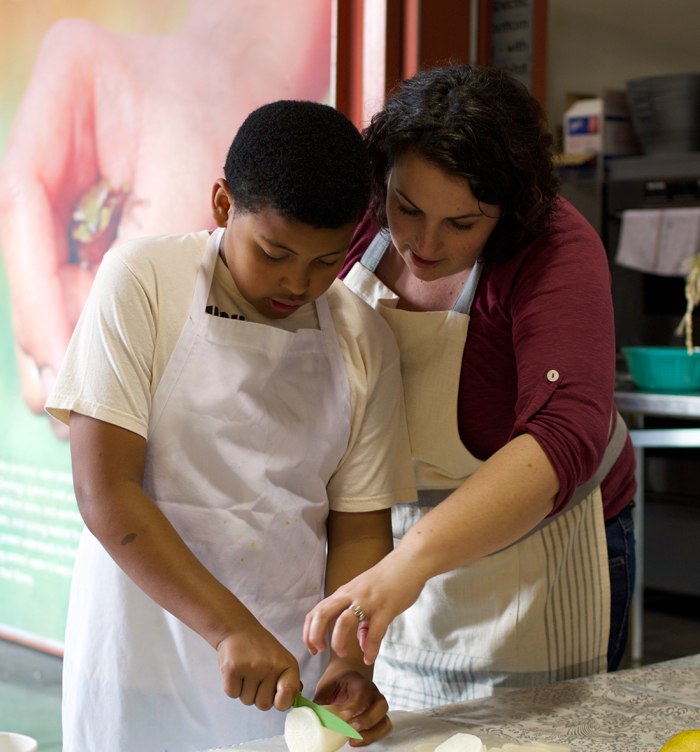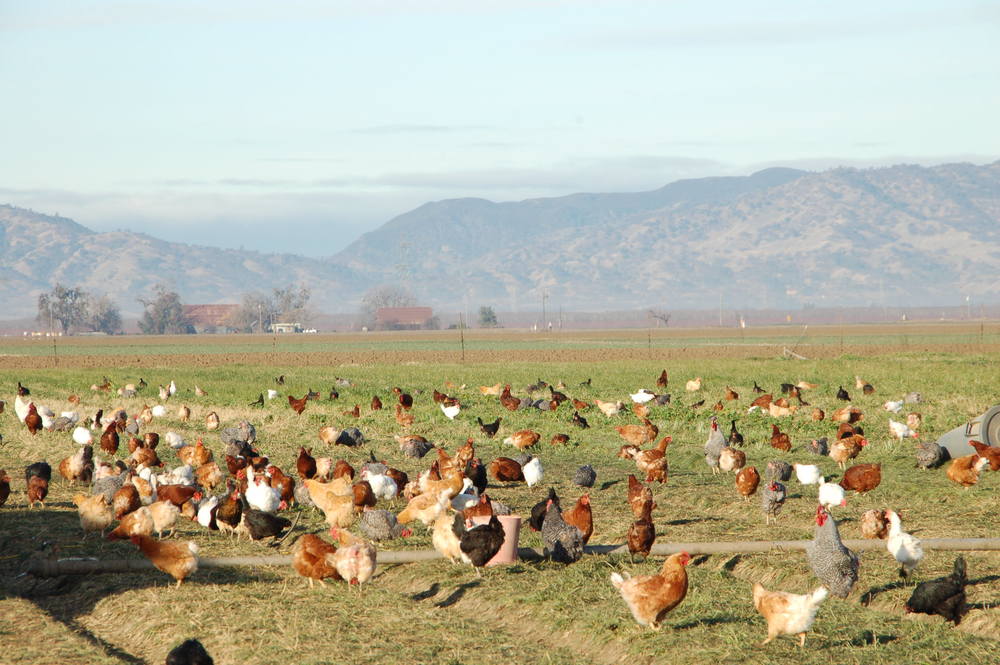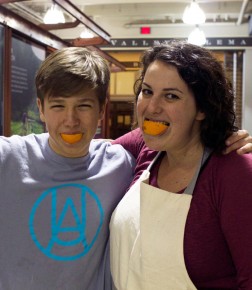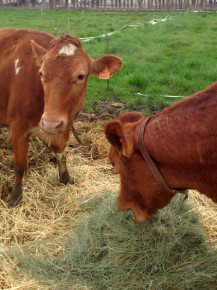Another round of LA-worthy days and nights is on its way. Memorial Day may be a week away, but this spate of outdoor-patio, grillin' and beerin' weather is a good reminder that, by the calendar, there's less than a month until school lets out. If you've got kids, you know what that means: entertainment, in the shape of day camps, local trips, and visits to the cousins and grandparents, needs to be arranged as soon as possible, for everyone's sanity and fun, especially yours.

And while there are specialty camps for everything from glassblowing and blacksmithing in Oakland to digital storytelling in San Francisco, camps that give kids hands-on cooking experience are becoming ever more popular. Who wouldn't want to outsource the mess when little Noah and Ellie learn to make their first kale salads? With cooking camps, kids bring home the skills--and hopefully, enthusiasm for new and healthy foods--and leave the spills and dirty pots and pans behind. Even better for busy parents, there's no lunch to pack, no dreaded snack duty, and no feigning enthusiasm at the sidelines of yet another no-score, but-Dad-she-tripped-me! soccer game.
Bay Leaf Kitchen is the latest entry into the kids' cooking-camp category. It's the healthy-eating, farm-to-table brainchild of director Elianna Friedman, formerly the market chef at CUESA and now its culinary educator. At CUESA, she launched the free field-trip program Foodwise Kids for San Francisco public school students at the Ferry Plaza farmers' markets, and helps coordinate school activities and outreach at the markets.
The idea for a summer cooking and farming camp came to her in November 2013. Since then, she's raised over ten thousand dollars in an IndieGoGo crowdfunding campaign, and is now registering campers (ages 9-12) for two week-long sessions, June 16-20 and July 21-25. Camp days run from 9am-4pm daily, with one overnight camp-out at the popular Eatwell Farm in Winters. (Date night alert! Rich Table, dinner for two?) Each class is limited to 28 students, broken down into small teams overseen by a staff of four or five counselors.


Working with the hundreds of kids who came through CUESA's hands-on programs in sustainable agriculture and farm-to-table cooking, Friedman learned that even the squirmiest kids wanted to learn (or at least eat a strawberry). How does a seed become a plant? How does a plant turn sunshine into food? Why are peaches sweet and peppers hot? Done right, a farm trip can be a living biology lesson, complete with plenty of excuses for getting dirty along the way. "The market was such a natural classroom," said Friedman when we spoke with her last month. "Kids loved to pick stuff out," and then eat the fruits and vegetables they'd discovered.
